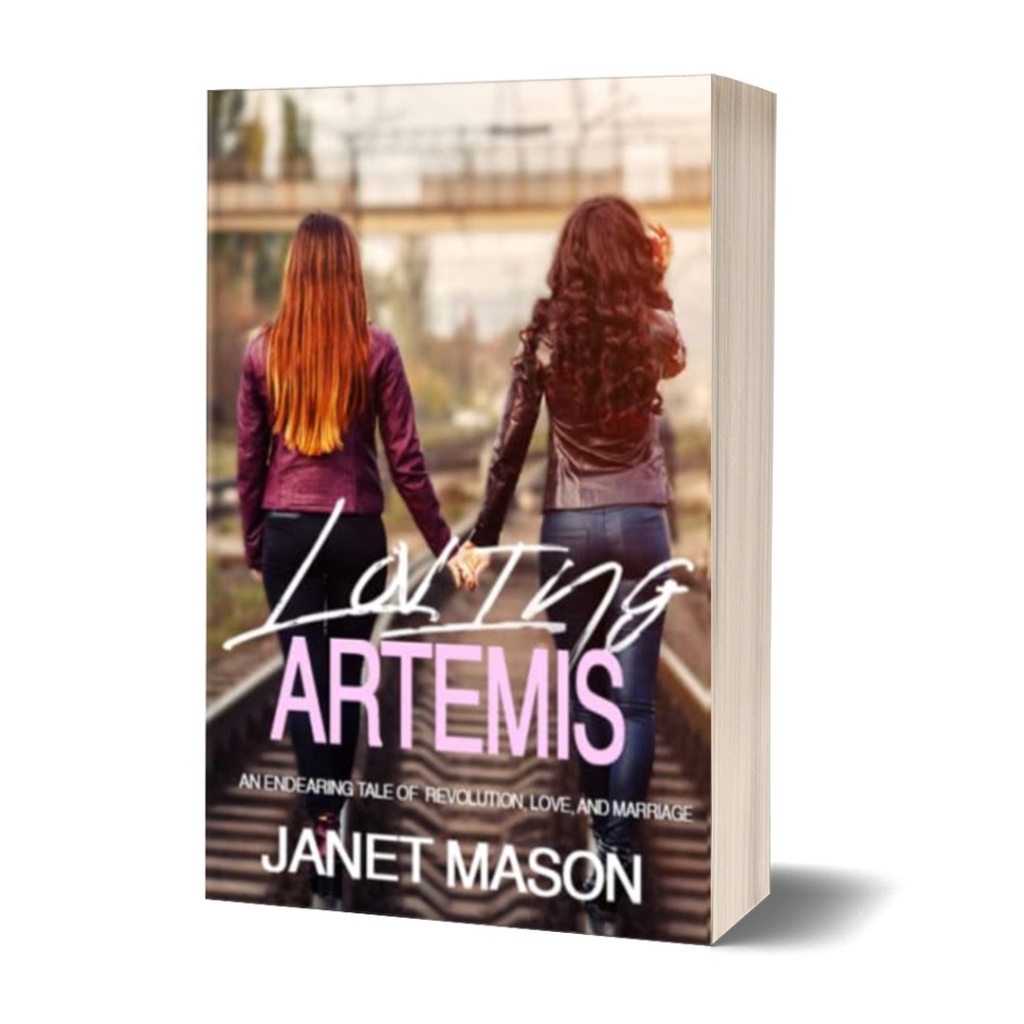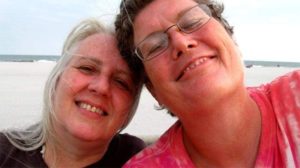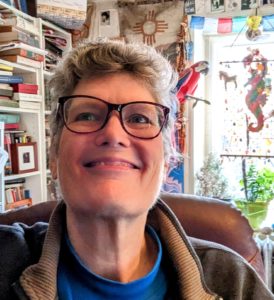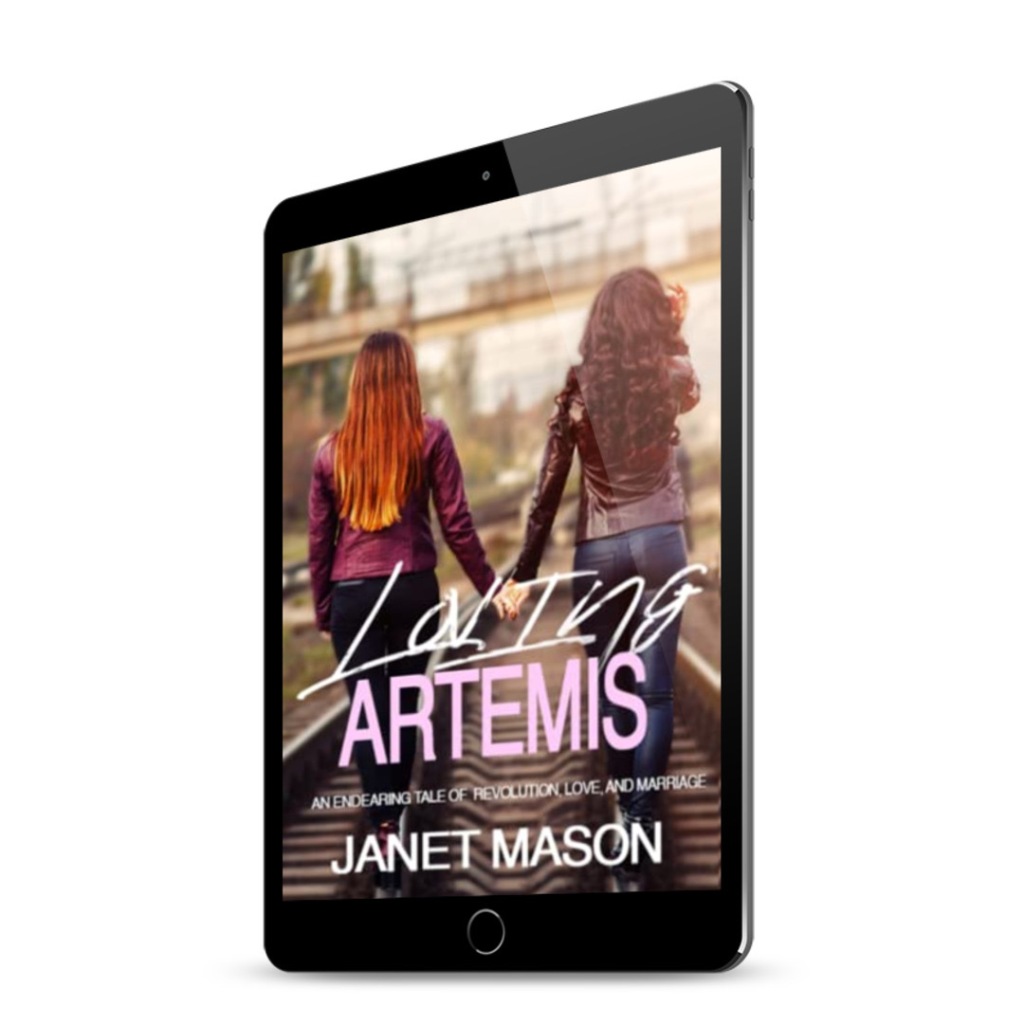This past week, I participated in a Unitarian Universalist service for women’s history month. The service gave me pause and cause to revisit the work Sister Outsider by Audre Lorde. My reflection is on video below and under that is the text. Thank you.
I was fortunate to hear the poet Audre Lorde speak and read several times when I was in my twenties. Lorde was an important figure to me – as a budding writer and as a young adult looking inward and outward and making sense of life.
Lorde was born in 1934 and died in 1992, having been cut down by breast cancer in the prime of her life.
Recently, I reread Sister Outsider, essays and speeches by Audre Lorde, first published in 1984 by The Crossing Press. It was interesting to read this book which I had last read close to the date of publication and to see the places where I had highlighted Lorde’s words.
Her essay “The Master’s Tools Will Never Dismantle the Master’s House” was written as a response to the organizers of an academic panel that had invited Audre Lorde to speak but otherwise failed in their representation of women of color – sadly something that happened frequently.
In her essay Lorde writes:
“What this says about the vision of this conference is sad, in a country where racism, sexism, and homophobia are inseparable. To read this program is to assume that lesbian and Black women have nothing to say about existentialism, the erotic, women’s culture and silence, developing feminist theory, or heterosexuality and power.”
….
She goes on to write:
“For women, the need and desire to nurture each other is not pathological but redemptive, and it is within that knowledge that our real power is rediscovered. It is this real connection which is so feared by a patriarchal world. Only within a patriarchal structure is maternity the only social power open to women.
“Interdependency between women is the way to a freedom which allows the I to be, not in order to be used, but in order to be creative. This is a difference between the passive be and the active being.”
And
“As women, we have been taught either to ignore our differences, or to view them as causes for separation and suspicion rather than as forces for change.”
She also writes in this essay:
“Those of us who stand outside the circle of this society’s definition of acceptable women; those of us who have been forged in the crucibles of difference — those of us who are poor, who are lesbians, who are Black, who are older — know that survival is not an academic skill. It is learning how to take our differences and make them strengths. For the master’s tools will never dismantle the master’s house. They may allow us temporarily to beat him at his own game, but they will never enable us to bring about genuine change. And this fact is only threatening to those women who still define the master’s house as their only source of support….Racism and homophobia are real conditions of all our lives in this place and time.”
And she invites us to action:
“I urge each one of us here to reach down into that deep place of knowledge inside herself and touch that terror and loathing of any difference that lives there. See whose face it wears. Then the personal as the political can begin to illuminate all our choices.”
In this collection of writing, Lorde writes about the importance of knowing yourself, speaking your truth, being all parts of yourself, accepting difference, and being unafraid to feel.
In her essay “Poetry is Not a Luxury,” she explains:
“The white fathers told us: I think, therefore I am. The Black mother within each of us — the poet – whispers in our dreams: I feel, therefore I can be free.”
–Namaste
For more information on my most recent novel Loving Artemis, an endearing tale of revolution, love, and marriage, click here:









